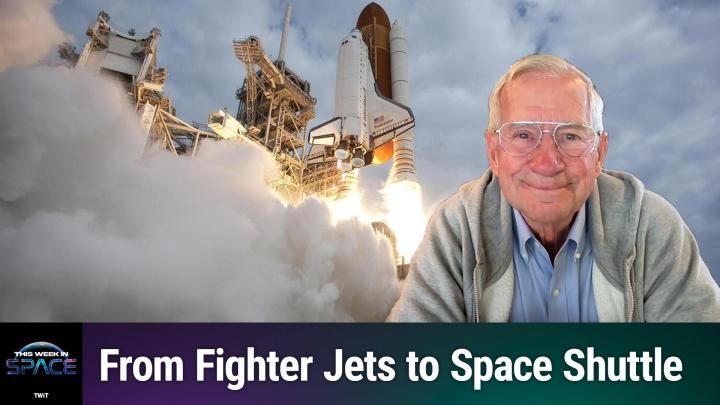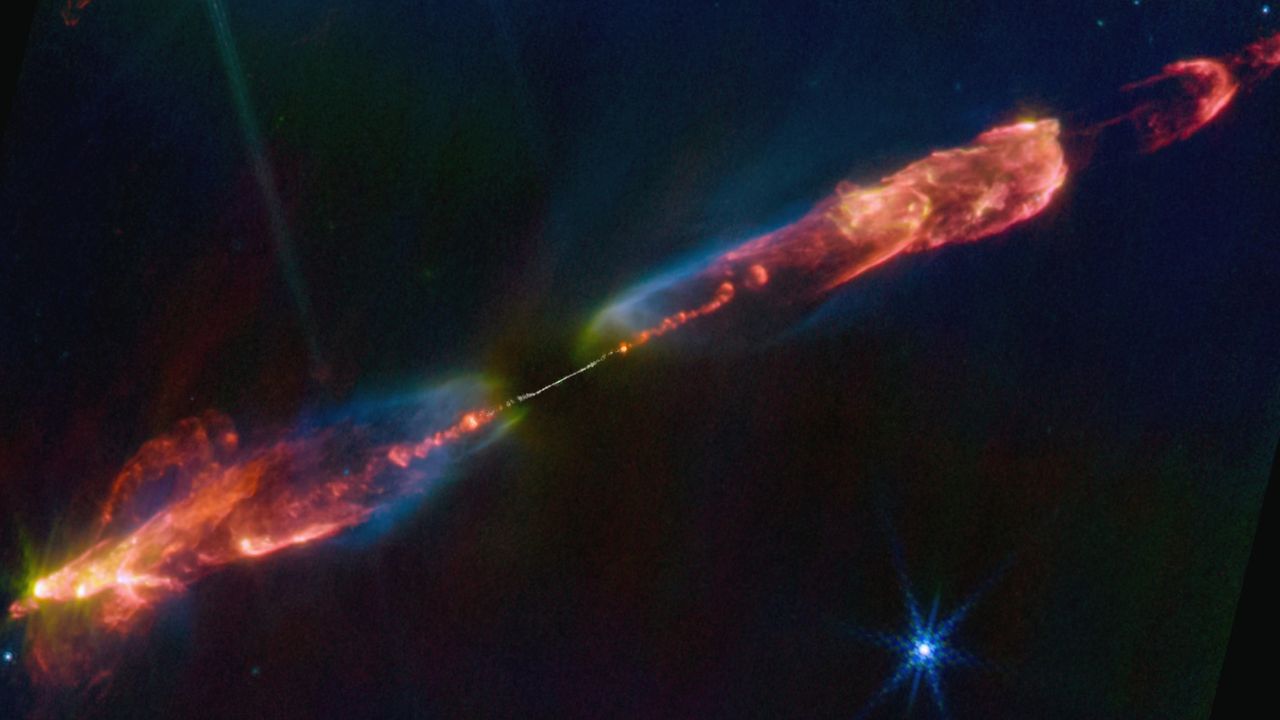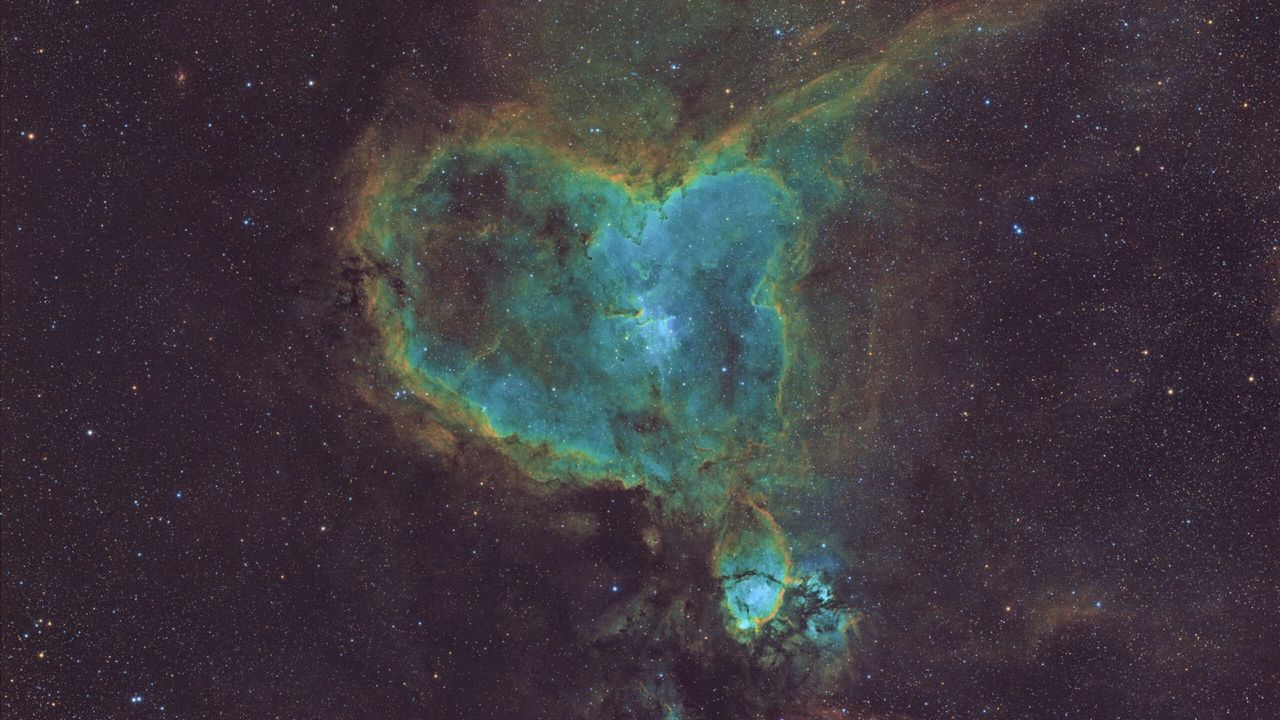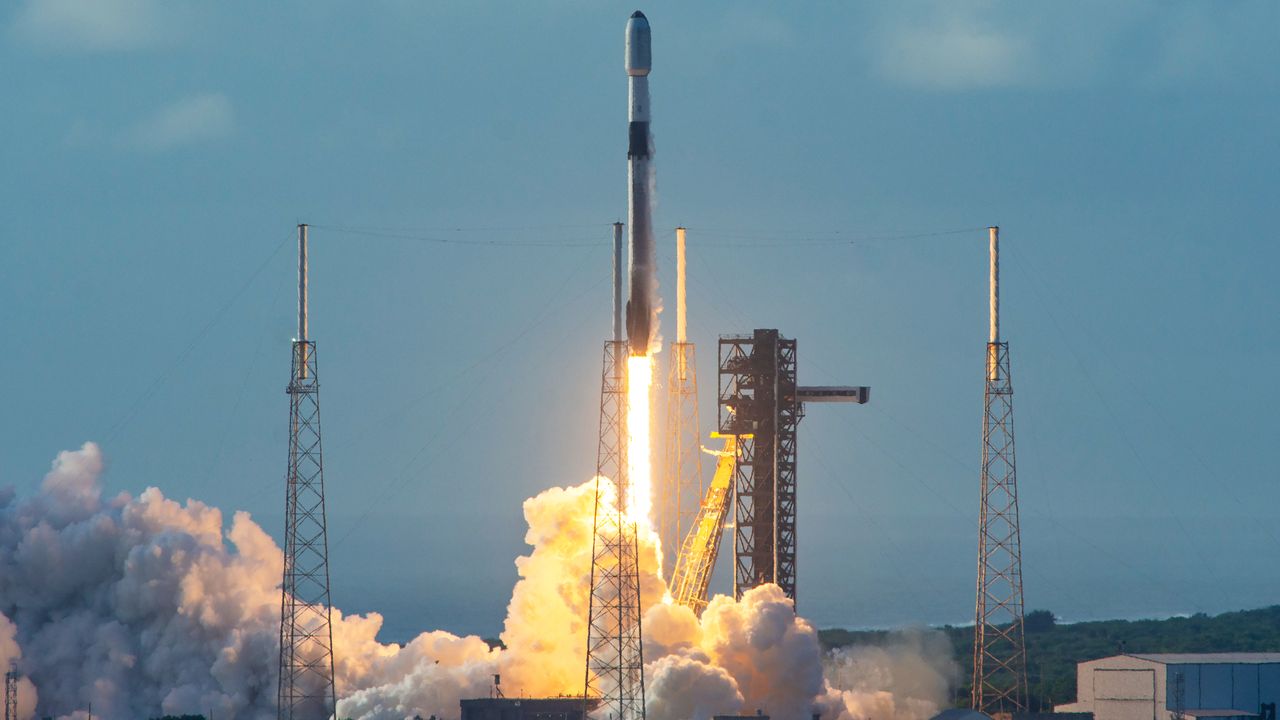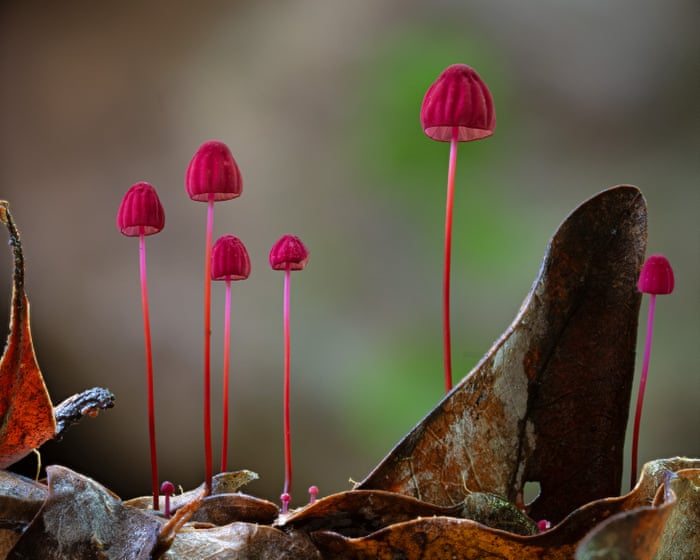$20 million NASA mission to visit 'God of Chaos' asteroid saved from budget cuts in last-minute decision
PositiveScience
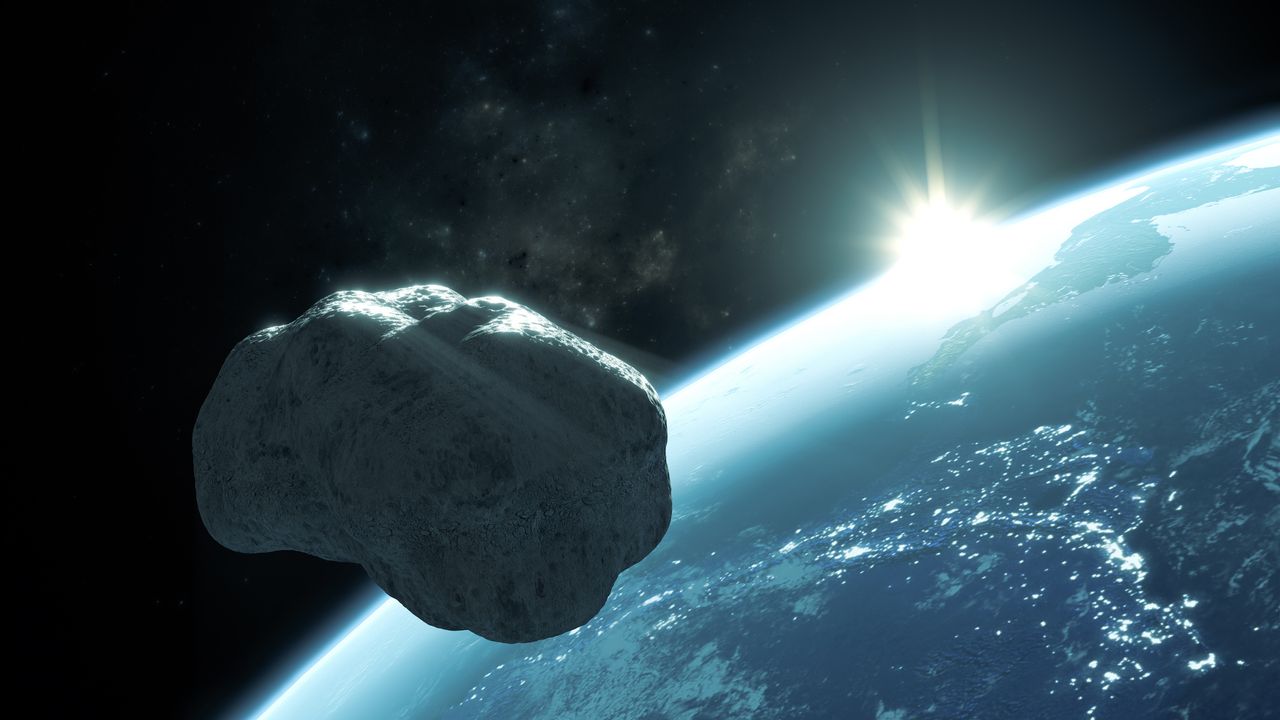
NASA's OSIRIS-APEX mission, aimed at exploring the 'God of Chaos' asteroid, has been rescued from budget cuts that threatened its cancellation. This last-minute decision is significant not only for the mission itself but also for the future of space exploration, as it highlights the importance of funding scientific endeavors. The mission promises to provide valuable insights into the origins of our solar system, making its continuation a win for both science and public interest.
— Curated by the World Pulse Now AI Editorial System
